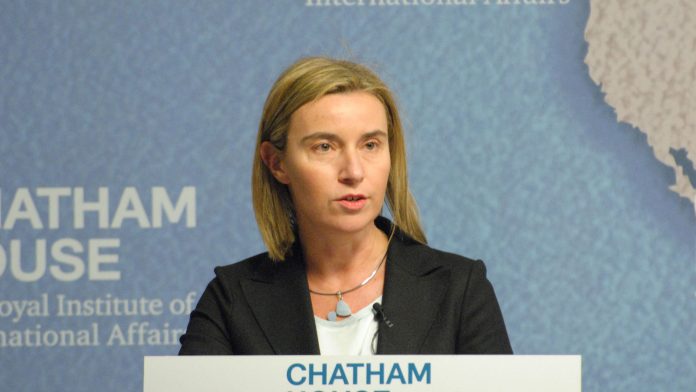
On the International Day of Zero Tolerance for Female Genital Mutilation (FGM), members of the European Commission discuss the issue and what needs to be done to combat it.
What is female genital mutilation?
Medical evidence has shown that female genital mutilation can impact on many normal body functions, increases infant and maternal mortality, and can also cause lifelong trauma beyond the physical damage.
There are several types of procedure, including:
- Partial or complete removal of the clitoris, labia minora and majora;
- Narrowing of the vaginal opening through the creation of a covering seal, leaving a small opening for urine and menstrual fluids; and
- Non-medical injury such as scraping, incising, pricking and burning.
Who does FGM affect?
There are 200 million girls that are still suffering from the illegal practice of genital mutilation, which occurs in all parts of the world. It is estimated that the same number of girls are at risk of undergoing this practice by 2030.
Despite female genital mutilation being a crime in all EU member states, girls are still subject to this treatment in Europe.
On the occasion of the International Day of Zero Tolerance for FGM, a joint statement was released from High Representative of the Union for Foreign Affairs and Security Policy/Vice-President of the Commission Federica Mogherini, Commissioner for European Neighbourhood Policy and Enlargement Negotiations Johannes Hahn, Commissioner for International Cooperation and Development Neven Mimica, and Commissioner for Justice, Consumers and Gender Equality Vĕra Jourová.
They said: “On International Day of Zero Tolerance for Female Genital Mutilation we confirm our firm resolve to put an end to this practice which is painful, traumatic and causes long-term health consequences.
“A practice that is nearly always carried out on children. A practice that is a fundamental human rights violation and an extreme form of discrimination against women and girls.”
How is the European Commission responding to FGM?
The commissioners also set out the measures the European Commission is taking to end FGM and other forms of violence against women and girls.
These include the Spotlight Initiative, an unprecedented collaboration between the United Nations and the EU which focuses in part on FGM in Sub-Saharan Africa, a region where the practice is still very much prevalent.
The commission also works on prevention by training professionals, such as judges, doctors or asylum officers, who are in contact with girls at risk.
“The European Union will continue to work with all those determined to abolish female genital mutilation: parents, activists of all ages, including young girls, doctors, teachers, healthcare professionals, child rights and human rights advocates, judicial authorities, political, community and religious leaders and governments,” the commissioners added.
Health Europa Quarterly recently spoke to Lisa O’Leary, of the End FGM European Network, about efforts to eliminate female genital mutilation both in Europe and beyond. Read the interview here.










